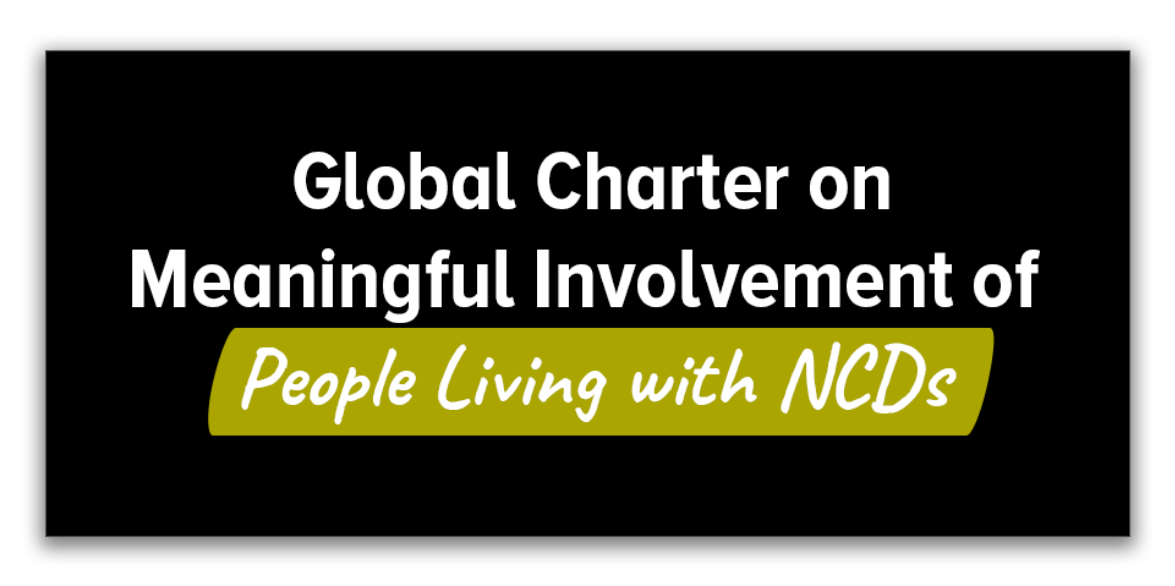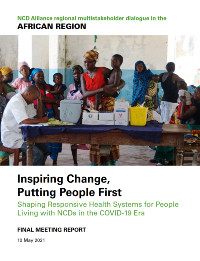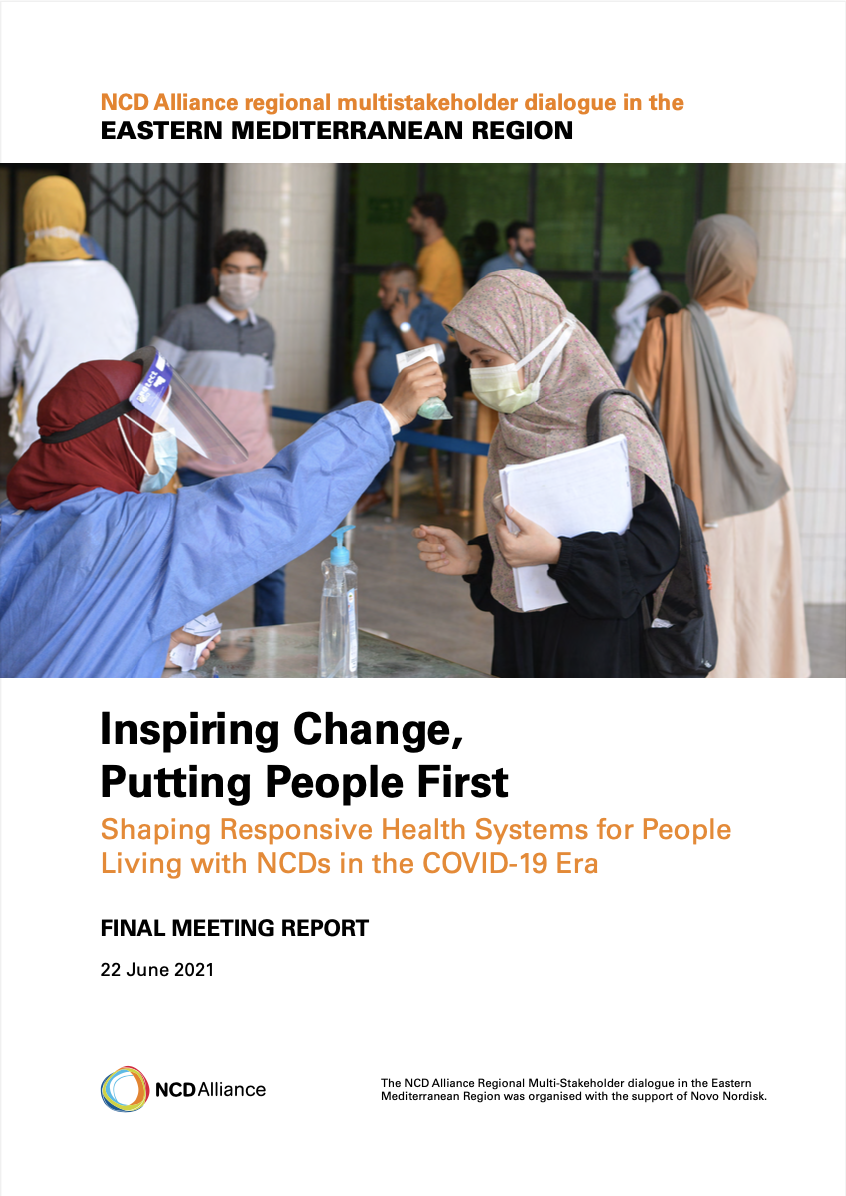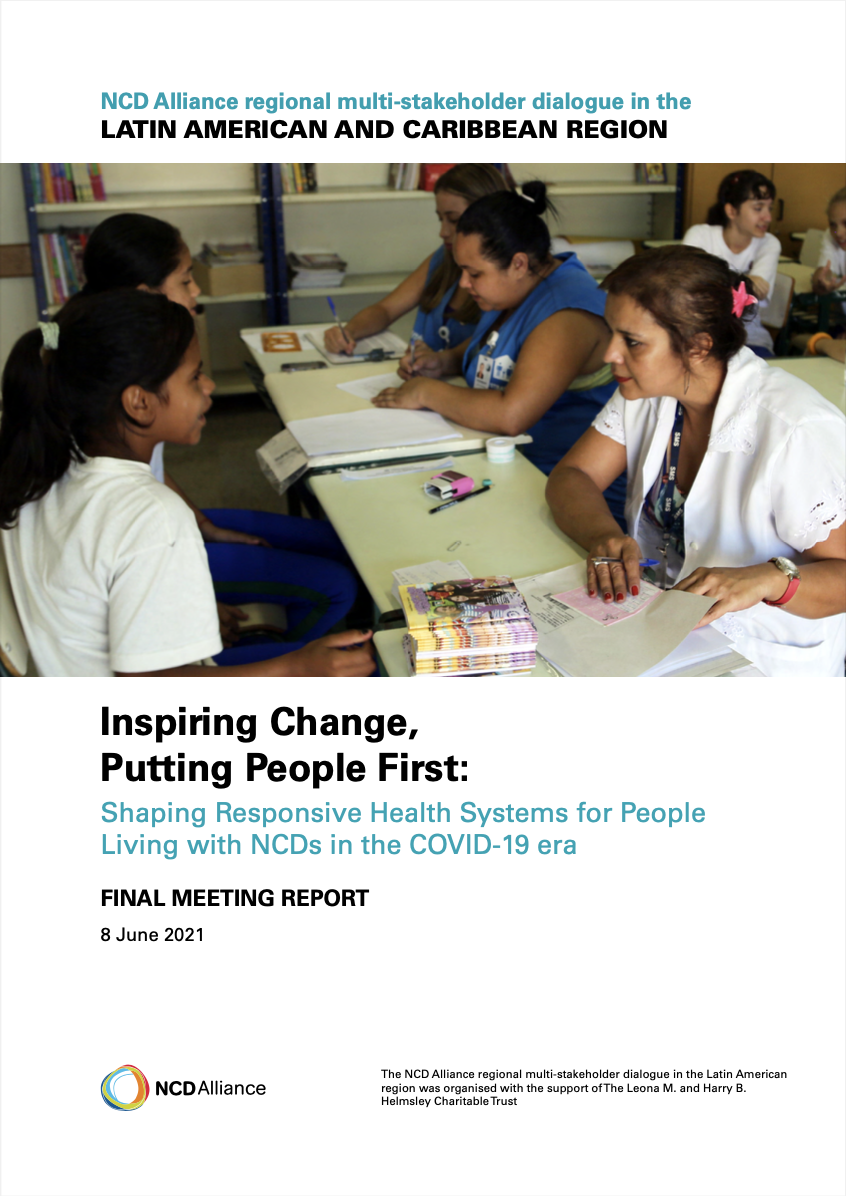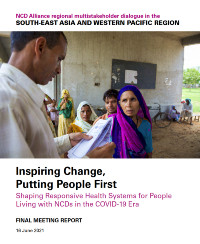At a little over a decade old, the noncommunicable disease (NCD) movement is young, and until recently, there has been a noticeable absence of people living with NCDs in the NCD discourse globally.
Learning from other global health responses such as HIV, tuberculosis, disabilities and the COVID-19 pandemic, we know that involving communities is essential to drive progress. These responses have amplified the voices of people with lived experiences, enabling communities and civil society to demand their fundamental rights to health and participation.
These movements have laid a clear path for NCDs. Showing us that when policies, programmes, and services are co-designed with communities, they are more likely to be relevant, appropriate, scalable and sustainable. By ensuring that they are focused on people, not diseases, they can effectively respond to the needs and realities of those they are meant to serve and leave no-one behind.
In recent years, the NCD community around the world has increasingly mobilised in calling for people living with NCDs to be involved in decision-making processes that affect them.

